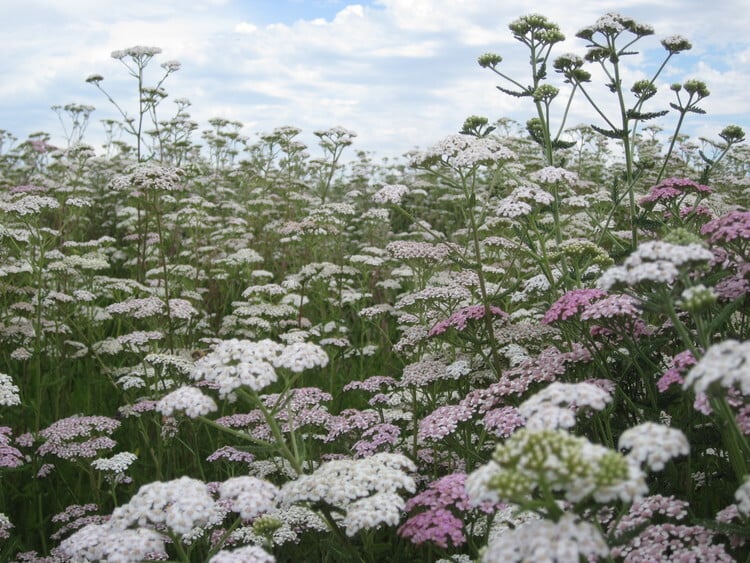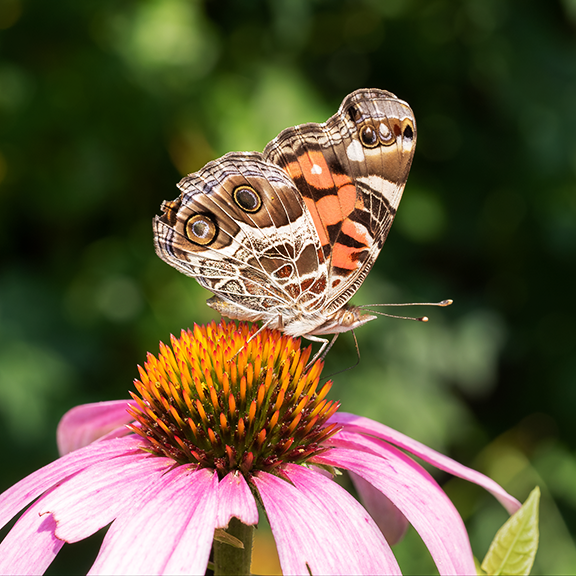Inspired by a comment reply I made in another thread, I thought it would be fun to share what plants native to your region you’ve had easy success with growing from seed, either in pots or direct-sowing. Please mention your country/region when commenting!
My list (United States, Pacific Northwest):
Prunella vulgaris (selfheal): can grow interspersed with grass in lawns, ala clover. Small purple flowers. Native to a wide swath of the United States. Produces tiny black seeds that look a little like poppy seeds. Evergreen and perennial in my area (zone 8-9). Appropriate for container/small-space gardening. Apparently has medicinal qualities, hence the name.
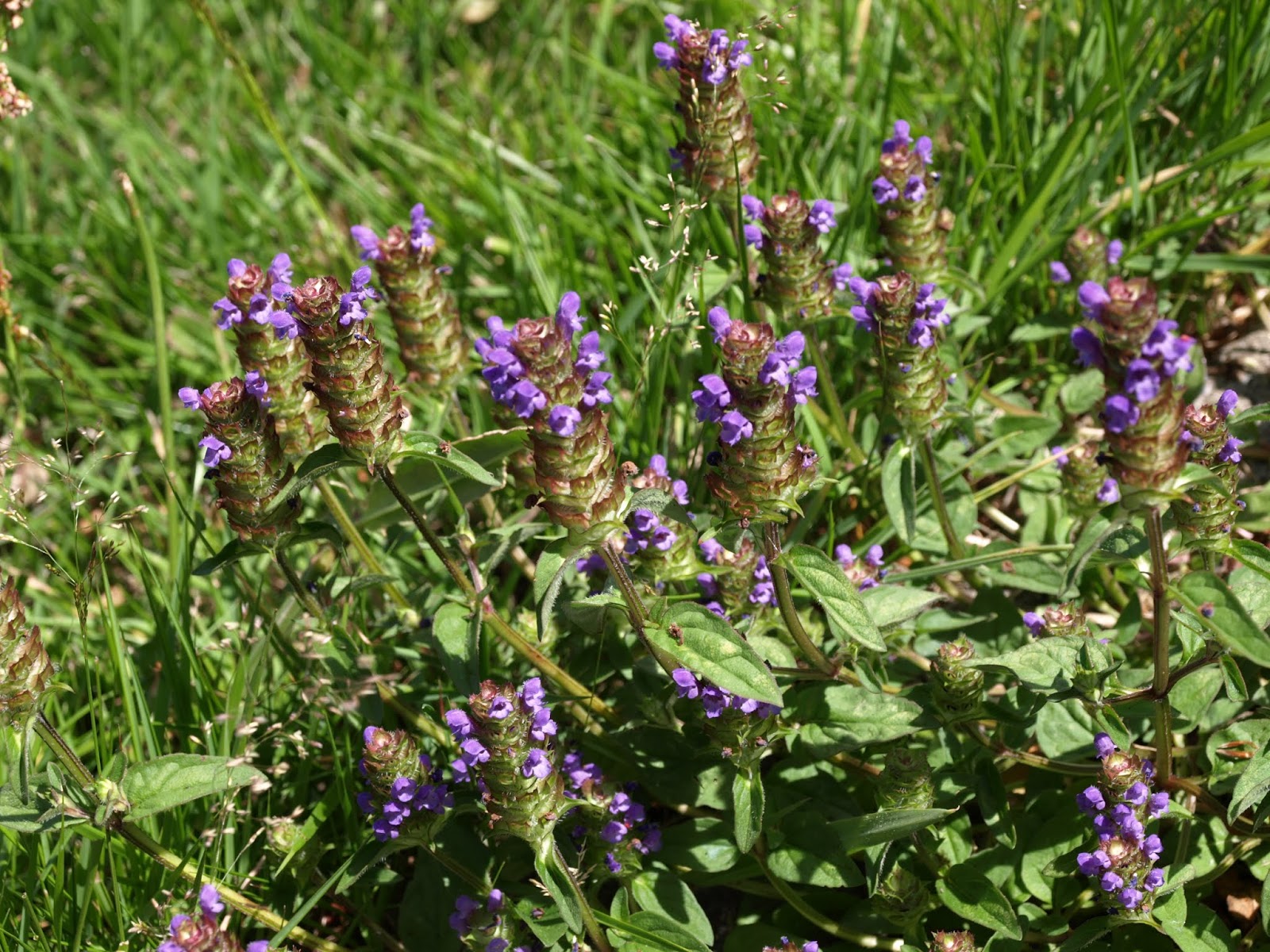
Chamerion angustifolium (fireweed): great meadow flower that can grow up to 4-6’ tall. Striking stalks of pink flowers in late summer that bees adore. Produces fluffy wind-blown seeds in autumn that are fun to watch. Dies back completely in autumn and resprouts in the spring. Established patches will grow in size every year. Flowers are edible!
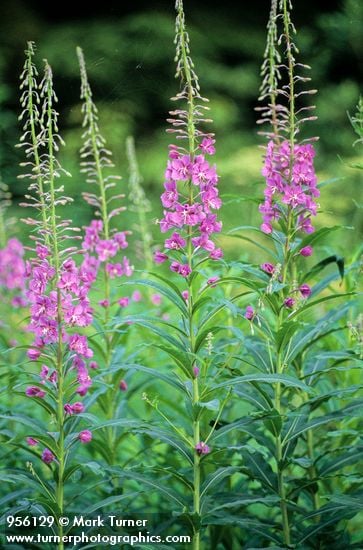
Lupine (all varieties): I’ve grown multiple varieties of lupine, from annuals that were less than a foot tall to perennials that got to be 6+ feet tall (and just as wide!). In my experience, most lupine varieties share the following traits: blue/purple/pink flower spikes in late spring that bumblebees love, they’re a magnets for aphids, which in turn attract ladybugs, they grow very quickly once established (for perennial varieties, starting in the second year), and they produce many (depending on the variety, dozens to thousands) of medium-sized seeds in pea-like pods that are easy to harvest. In my experience they appreciate frequent watering until their long taproot can hit the water table. Cold stratification of seeds does not seem necessary, although I’ve had success with scarification by taking a very sharp knife and slicing a tiny piece out of each seed’s hard outer shell. Evergreen in my area (zone 8-9). Every spring I find lots of volunteer lupine seedlings in my garden from fallen seeds. Present in much of North America, be sure to source seeds for a variety native to your area (they can become highly invasive outside their native range). (Photo is of broadleaf lupine, a west-coast species)
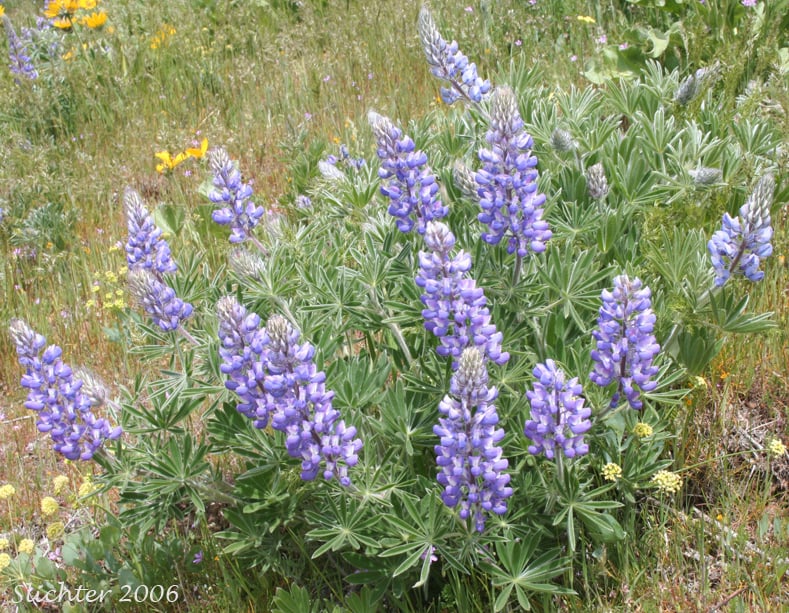
Achillea millefolium (western yarrow): native to a wide swath of the United States and in my experience stupid-easy to grow. It produces pads of tiny white (sometimes pinkish/purplish) flowers that look similar to queen anne’s lace. In my experience the flowers are very long-lived; I’ve had flowers persist into late December! Yarrow seems to mostly attract small flies and wasps (I grow them in an attempt to attract beneficial wasps to my vegetable garden). Mostly evergreen in my area (zone 8-9); temps around 20F seem sufficient to knock them back, but they rebound quickly. I’ve managed to grow them in large containers, although they would probably be happier in the ground.
